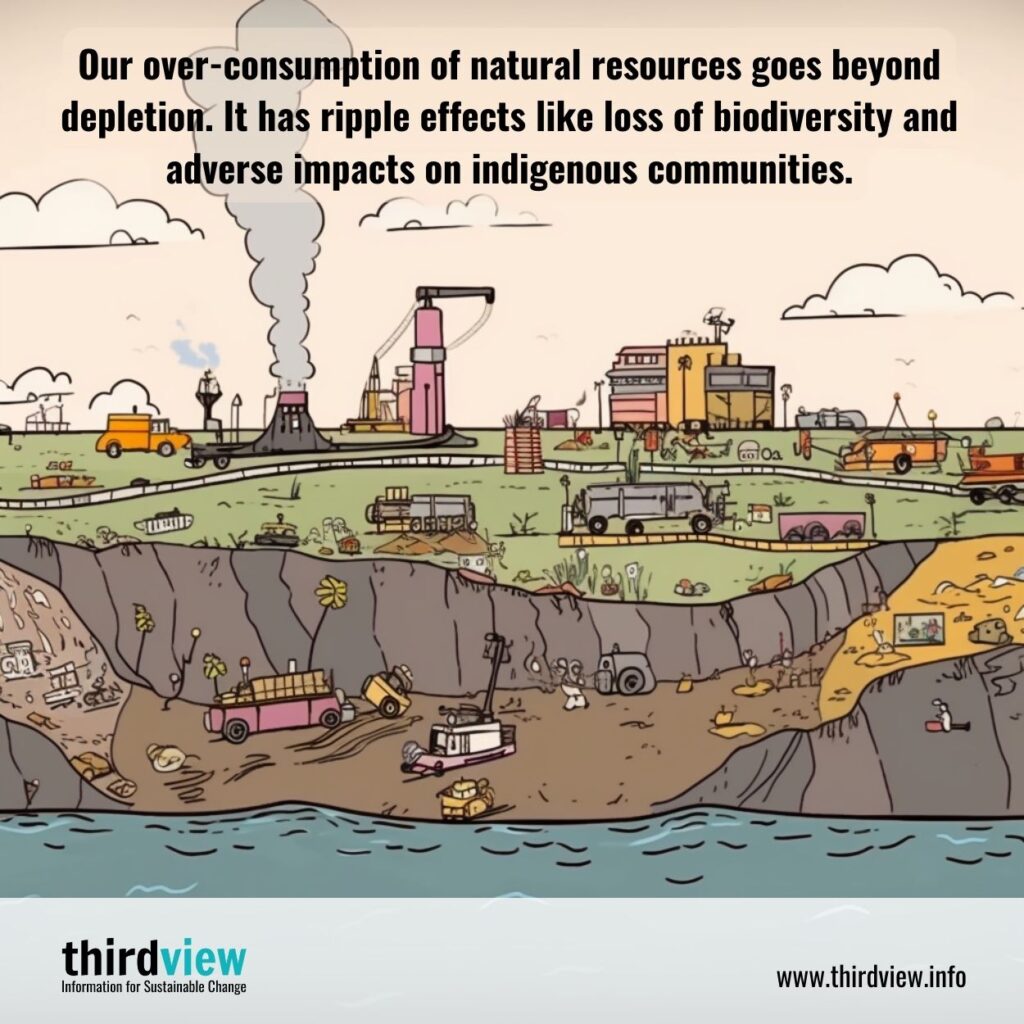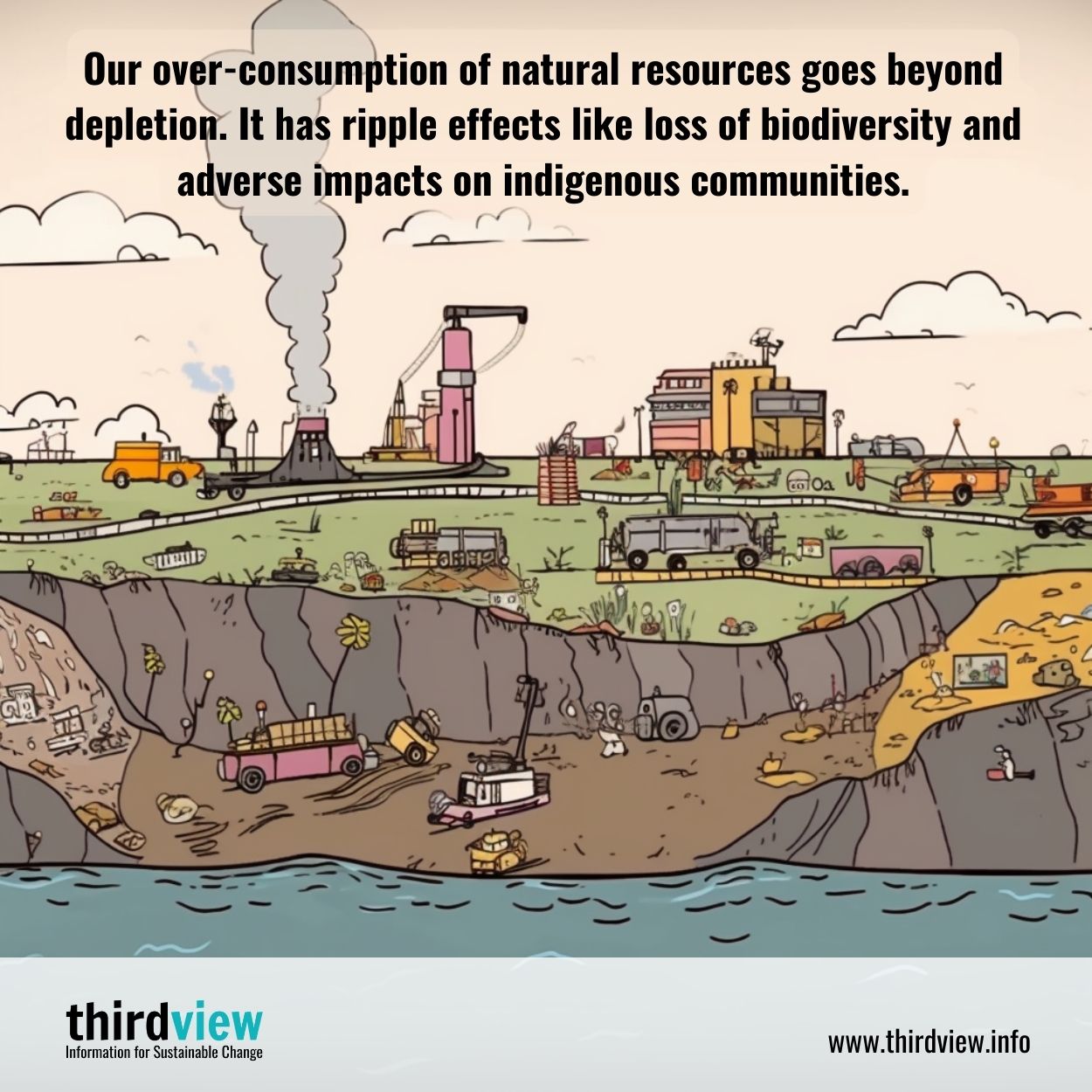We all know that natural resources are essential to our survival, but most of us don’t realize the extent to which our consumption is alarming. We consume resources every day, but few of us stop to think about the impact on the planet. It’s not only the resources themselves that we should be worried about, but the ripple effects we create when we deplete them. Sadly, a lot of the effects of over-consumption are not felt immediately – they teeter on for years and even decades. Through this blog post, we’ll examine some of those lesser-known effects of the over-consumption of natural resources.
The loss of biodiversity
The loss of biodiversity is one of the impacts of our over-consumption of natural resources. As we consume resources, we clear habitats for agricultural and industrial purposes, which creates an imbalance in the ecosystem. As resources get depleted, more and more species become endangered, and some go extinct. Without biodiversity, ecosystems fail, and that, in turn, affects human life at the societal and economic levels.
Soil erosion
Over-consumption of natural resources leads to soil erosion in many ways. Human activities like deforestation and overgrazing lead to soil erosion as roots can’t hold the soil together. Soil erosion ultimately leads to land degradation and reduced levels of global food production, which could result in famine and social unrest.
Adverse impacts on indigenous peoples
The third hidden impact of the over-consumption of natural resources is the displacement of indigenous peoples and the loss of their culture. Many natural resources are located in areas inhabited by indigenous peoples, who have a spiritual and cultural connection to the land. When these resources are extracted or contaminated, it often leads to their displacement, loss of livelihoods, and cultural heritage. This also has a negative impact on the world’s cultural diversity.
Health impacts
When resources are depleted and the ecosystem is disrupted, it has a direct impact on human health. The loss of biodiversity can lead to an increase in certain diseases that may have been kept in check by maintaining a balanced ecosystem. Additionally, air and water pollution caused by over-consumption contaminates the environment, which has negative health impacts.
Economic impact
Overconsumption of natural resources is not only environmentally damaging – it also has an impact on the economy. The predominant industries that rely on natural resources are farming, fishing, and mining, and their depletion affects communities and societies that depend on them. The scarcity of resources can also create competition, leading to an increase in the price of essential commodities, such as food and fuel.
Our over-consumption of natural resources has a significant impact that we rarely consider. The effects are vast, including the loss of biodiversity, soil erosion, adverse impacts on indigenous communities, health impacts, and economic implications. These impacts create a ripple effect throughout the world affecting not only us but our children and future generations to come. Thus, it’s time to take this issue seriously, and we need to start taking preventive measures. It’s time to embrace sustainable methods of production and ways of living to ensure we don’t use up all of the world’s natural resources before it’s too late.


